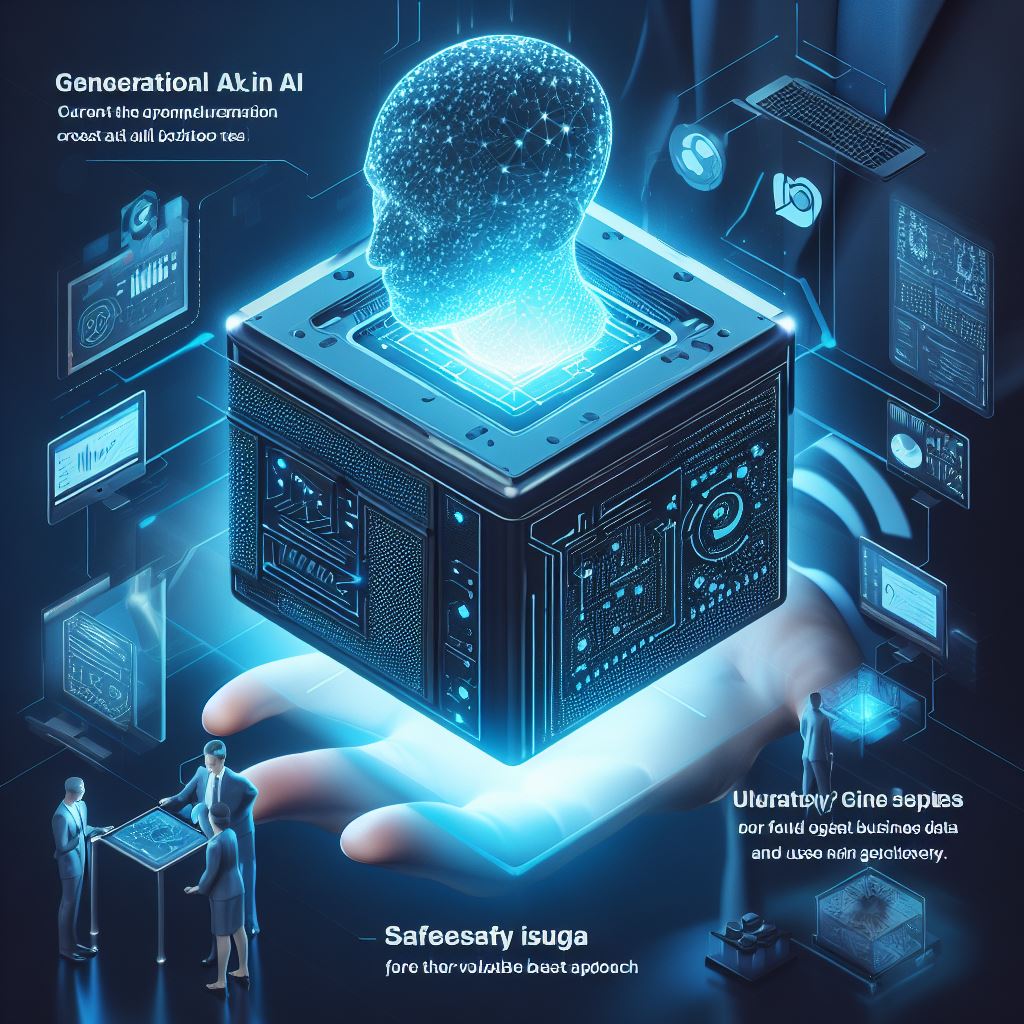
An In-Depth Analysis of Mistral.ai: A Disruptor in the Generative AI Industry
Date
10/04/2023Date
TechnologyAbstract
This essay delves into Mistral.ai's strategy to establish itself as a pioneering force in the rapidly evolving Generative AI market. We examine the problems it seeks to address, the market landscape, the proposed solutions, validation plans, competition, and the overarching strategy.
Problem
Generative AI has garnered significant attention for its transformative potential across various sectors. However, current models often employ a closed technology approach, forcing businesses to feed sensitive and valuable data into black-box algorithms. This raises both safety and legal concerns, limiting the technology's widespread adoption.

Market Size
As of 2022, the Generative AI market size is estimated at $10 billion and is projected to reach $110 billion by 2030, growing at an annual rate of 35%. This rapid growth signifies the industry's potential and the opportunities that lie ahead.
Solution
Mistral.ai aims to disrupt the market by offering state-of-the-art models that counter the limitations of current closed-model offerings. Their unique selling points include an open-source approach to model development, stringent focus on data sources and data control, and robust guarantees on security and privacy.

Validation or Traction
Mistral.ai has a dual-phase approach for validation. The first phase involves the release of partially open-source models, leveraging technologies the team is highly proficient in. This aims to build credibility among investors, institutions, and potential clients. The second phase focuses on addressing the shortcomings of current models to offer business-friendly solutions.
Competition
The landscape of Generative AI is fiercely competitive, featuring giants such as Microsoft, Google, and Amazon Web Services. However, Mistral.ai aims to carve a niche for itself by focusing on aspects that are often overlooked by these major players, such as data privacy and open-source development.
Strategy
Mistral.ai's strategy is multi-faceted and aligned closely with the overall business objectives. Initially, the focus will be on key differentiators like open-source development and data security. Eventually, the plan is to expand into a full-scale R&D effort, targeting solutions that move the needle towards creating human-usable AI. Collaborations with European integrators and industry clients are also part of the strategy to facilitate integrated solutions.

Conclusion
Mistral.ai appears poised to challenge the status quo in the Generative AI industry. By tackling the problems that hinder the technology's adoption, focusing on a rapidly growing market, and offering innovative solutions, Mistral.ai is on a trajectory that could redefine how we understand and use Generative AI.